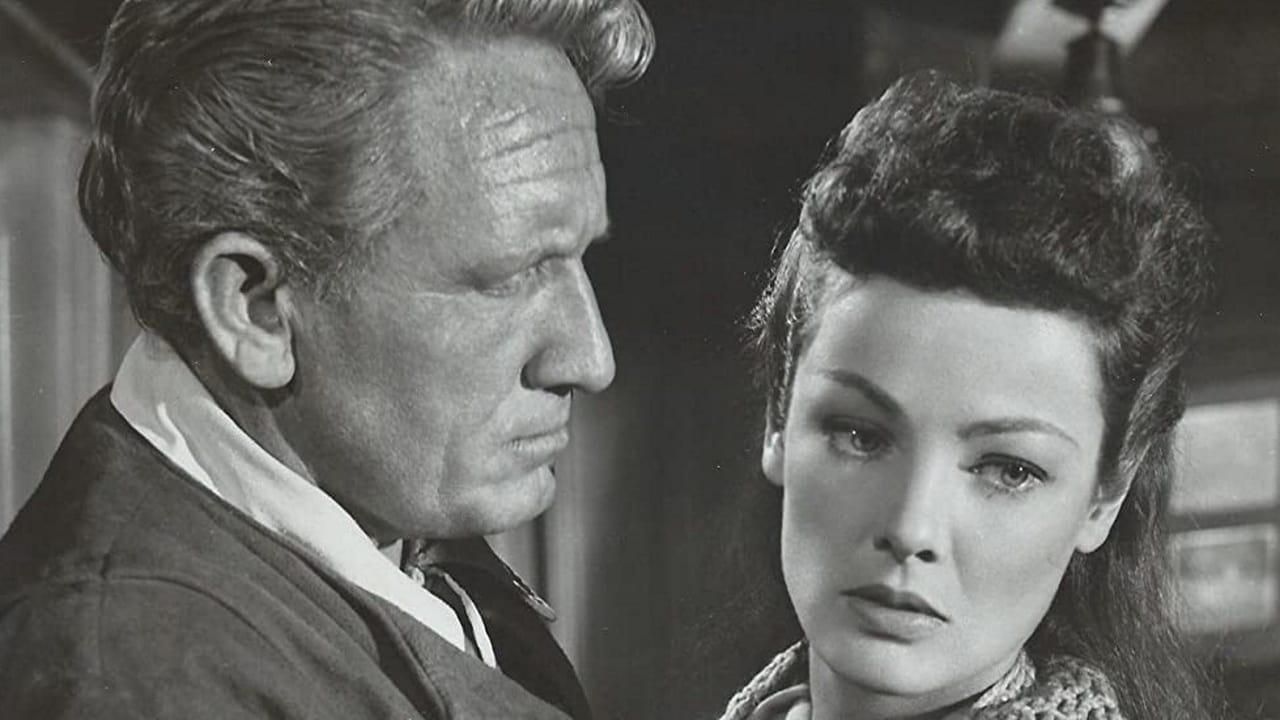

I believe it important that a Prime Minister does not have the capacity in all circumstances to determine the date of a general election. There is an argument that the power to dissolve Parliament should not be within the sovereign’s gift. “As far as we can tell, since the Second World War, UK Prime Ministers only requested a dissolution once it was very clear the Monarch would grant it.”

As the Joint Committee on the Fixed-term Parliaments Act reported: 10 contacted the palace to check that, in the event of the Government being defeated on the Motion on the social protocol of the Maastricht treaty, which the Prime Minister had made a vote of confidence, a request for Dissolution would be granted. Prime Ministers were not able to take it as given that a request would be granted. In 1950, the King’s private secretary, Alan Lascelles, wrote anonymously to the Times identifying circumstances in which a request for a Dissolution may be refused. Although the practice was to grant the request, there were circumstances in which it could be envisaged that the monarch could refuse it.Īs is well known, there was some uncertainty as to what those circumstances may be. A Prime Minister requested Dissolution but the monarch was not bound to accede to the request. Until the enactment of the Fixed-term Parliaments Act, the power to dissolve Parliament was a prerogative power that was not exercised on advice. There are three personal, or reserve, prerogative powers remaining-that is, where the monarch does not act on advice-although two are governed by conventions of the constitution. Since the 17th century, the powers that remain with the Crown and have not been displaced by statute have come to be exercised in the name of the Crown or by the monarch, acting on the advice of Ministers.

Like my later amendments, Amendment 1 is designed to ensure that the Bill does precisely that.Īmendment 1 makes it explicit that the prerogative power to dissolve Parliament and call a new Parliament falls within the personal prerogative of the sovereign. This Bill repeals the Act and seeks, as we have just heard, to restore the status quo ante. The Opposition also have a manifesto commitment to repeal it. My Lords, the Government have a manifesto commitment to get rid of the Fixed-term Parliaments Act. Clause 1 is terrific I thought that we should start on a happy note. The Act has no friends, as evidenced by the fact that there are no amendments to Clause 1. Of course, normally, there should surely be pre-legislative scrutiny. At the very least, there should be some attempt to achieve consensus on them if they are to endure. I mention that so that we learn, I hope, at least one lesson from it: that major constitutional Bills should not be introduced in anything like the way this one was. This must be the shortest existence of any major constitutional Act.

Just 11 years after the Fixed-term Parliaments Act 2011 was put on to the statute book, with much criticism and objection to it at the time-it was done in the shortest period of time and, as we know from other sources, was decided in a very short period by the coalition partners-we are saying that it should now be repealed. My Lords, I very much support Clause 1 being part of the Bill, but I want briefly to record how big a decision this is.


 0 kommentar(er)
0 kommentar(er)
